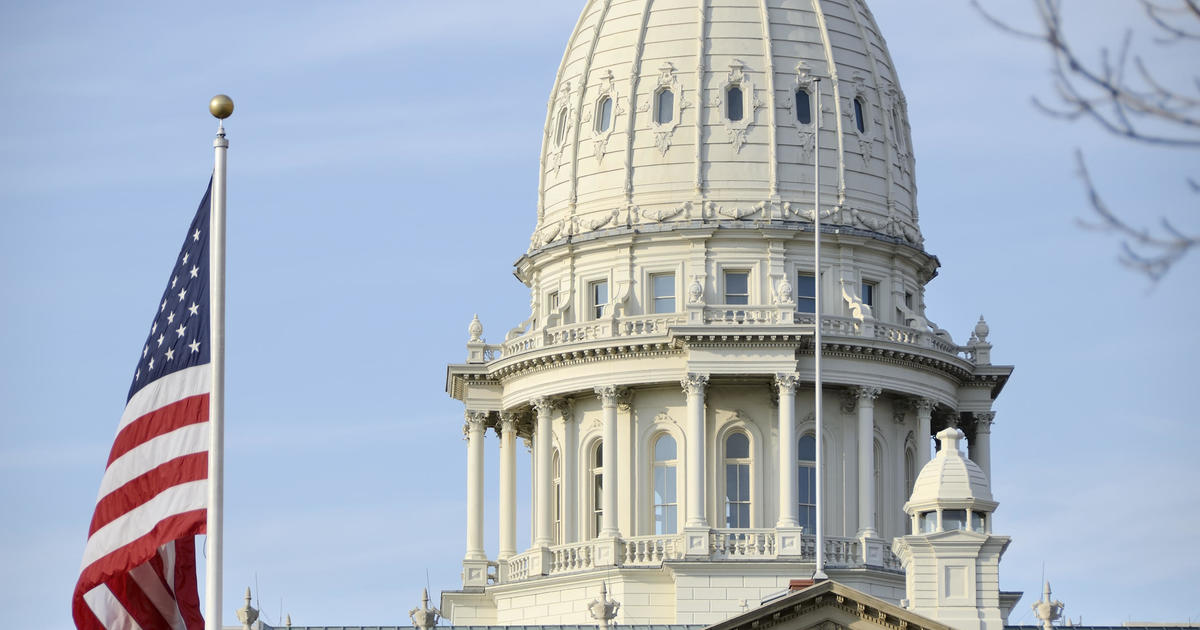UM Study: Most Local Government Leaders Want Citizens Involved But Also Want Limits
ANN ARBOR -- More than half (53 percent) of Michigan's local leaders believe they offer "a great deal" of opportunities for citizens to engage in local government, while only 3 percent say they offer "few, if any," according to a new report from the University of Michigan's Center for Local, State, and Urban Policy.
CLOSUP asked local government officials from 1,328 Michigan jurisdictions (counties, cities, townships, and villages) last fall about their views on the proper role for citizen engagement in local policymaking.
Most local government leaders in Michigan believe residents should provide input into policymaking, though relatively few think they should be deeply involved.
Overall, 17 percent of local leaders say citizens should simply stay informed about policy issues, while 64 percent say citizens should provide some input. Few see deeper roles for citizens, whether by identifying policy options from which officials would choose (7 percent), by recommending specific policy choices (9 percent), or actually making decisions on behalf of the local government (1 percent).
However, just 10 percent of respondents believe their citizens are very engaged. Another 55 percent say their citizens are "somewhat engaged," while 34 percent say their citizens are "not very" engaged.
When local officials identified the kinds of engagement opportunities their jurisdictions provide, the most common opportunities generally offer limited roles for citizen engagement, including through informational notices in newspapers (87 percent), public comment opportunities at government meetings (83 percent), and provision of information via local government websites (68 percent). However, the most effective approaches, according to local leaders, are often ones that foster deeper citizen involvement, such as focus groups, membership on formal government boards or commissions, and neighborhood-specific committees.
Local officials report positive views about the outcomes of their citizen engagement efforts. Overall, 64 percent say their understanding of citizens' views has increased, and 61 percent believe the quality of local leaders' decisions has increased as a result of fostering citizen engagement. On the other hand, some local leaders also identify "costs" from fostering more engagement, such as increased demands on local budgets (57 percent) and staff workloads (68 percent).
The CLOSUP website provides detailed tables of the data collected in all of the previous MPPS surveys, including the fall 2012 data on citizen engagement. These easy-to-read tables can be found at: http://closup.umich.edu/michigan-public-policy-survey/mpps-data-tables.php
The data tables break down survey responses three ways: by jurisdiction type (county, city, township or village); by population size of the respondent's community; and by the region of the respondent's jurisdiction. These tables allow very quick analysis for a wide range of data.
The MPPS is conducted by CLOSUP in partnership with the Michigan Association of Counties, Michigan Municipal League, and Michigan Townships Association. The survey program is unique in the country as the only ongoing survey targeted at every unit of general purpose local government across an entire state.



